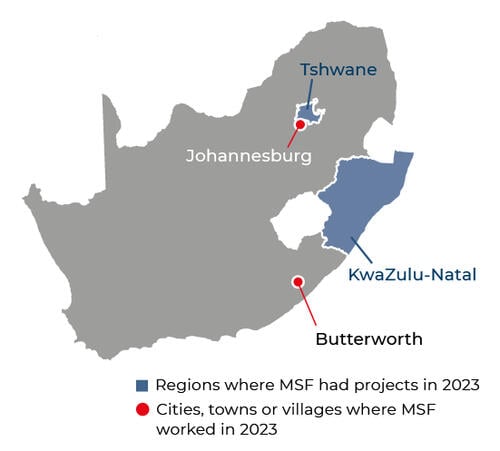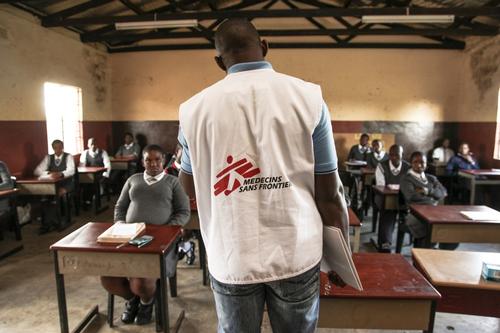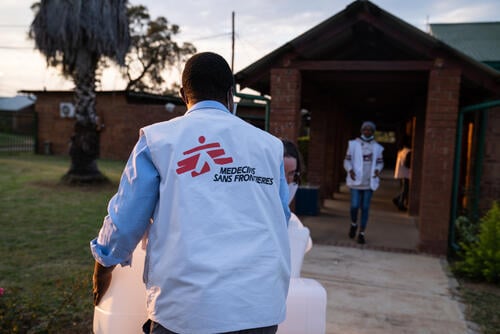In October 2023, in partnership with the Eastern Cape Department of Health, we launched a project to improve the identification and management of non-communicable diseases (NCDs) in the Amathole District, which is MSF's first NCD project in South Africa. We aim to apply lessons from two decades of working on HIV and tuberculosis (TB) in South Africa to enhance NCD care in rural settings.
We also work with undocumented people and migrants in Tshwane, where we run a project that provides access to vaccines for these underserved communities.
Having achieved the UNAIDS 90-90-90 target in 2018 in Eshowe, KwaZulu-Natal, we redirected our approach to tackle the TB epidemic and reduce the number of cases in the area.
After 22 years of activities and campaigning, we closed our HIV and TB project in Khayelitsha, Western Cape in 2020.
Our activities in 2023 in South Africa
Data and information from the International Activity Report 2023.
68
68
3 M€
3M
1999
1999


65
65
- Try a different country, year, format, or topic.
- Clear one or more filters
Contact us

7th Floor, Zurich House
70 Fox Street, Marshalltown
Johannesburg
South Africa



